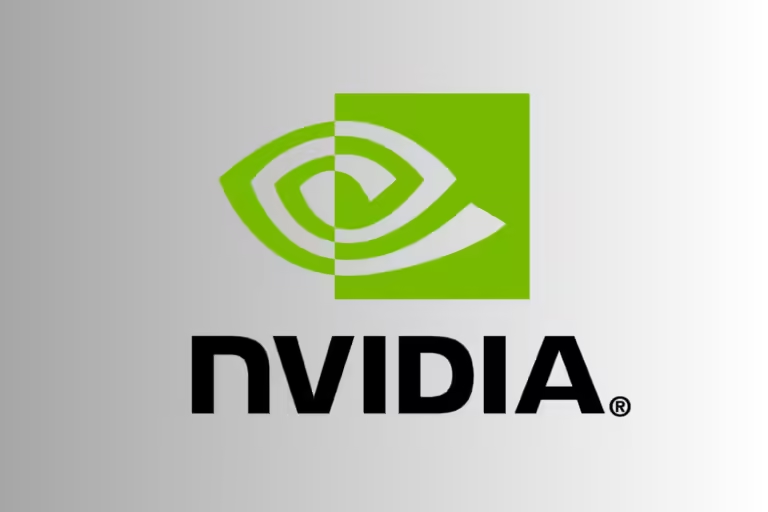
OpenAI Rival Zhipu Faces US Ban Over Military Ties to China
OpenAI rival Zhipu, a top Chinese LLM start-up, faces a US ban over alleged ties to China’s military, sparking tensions amid Biden’s tech crackdown.
Washington has banned Zhipu, a leading Chinese start-up that creates large language models for artificial intelligence. This move is part of the Biden administration’s efforts to take a strong stance against Chinese technology.
On Wednesday, a list of companies that raise national security concerns and face trade restrictions highlighted a Beijing-based company as one of China’s top LLM start-ups. Washington accused Zhipu of boosting Chinese military power with AI research. However, the start-up said it “strongly disagreed” with the US actions, claiming they were not based on facts.
Tsinghua computer science professor Tang Jie founded Zhipu, which has developed LLMs similar to those powering OpenAI’s ChatGPT. They are helping local governments set up services like chatbots, so residents can easily ask questions about rubbish collection and parking times.
The start-up has partnered with Chinese and foreign companies in China to use their LLMs for products like customized AI assistants. Zhipu and a few related companies have been added to a US list that prevents them from buying most American technology.
Commerce Secretary Gina Raimondo said, “These rules will help us better control and stop China and others from trying to break our laws and threaten US national security.”
A Zhipu investor said this decision “should not affect Zhipu’s current operations since most of its main technology is developed in-house and does not rely much on foreign markets.” The investor said that since Washington focuses on Zhipu, it could help the company become stronger in China, as the government would be more motivated to assist in its growth.
Chinese state groups have funded companies under US sanctions, including AI start-up SenseTime and national champion Huawei.
The state-run National Social Security Fund, Tencent, Alibaba Cloud, the venture capital groups HongShan and Hillhouse, and the Saudi Arabian fund P7 have already backed Zhipu. It got $400 million in a funding round in December.
Zhipu’s Local Focus
Many LLM start-ups in China want to grow their businesses internationally, but an investor suggested that Zhipu could strengthen its position by concentrating only on the local market.
Washington’s recent action has broadened the list of advanced chips that require authorization for shipment to China. It also restricted exporting certain scientific tools used by drug developers, like spectral flow cytometers and some liquid chromatography-mass spectrometers.
Nvidia’s top AI chips, which are necessary for training and using AI models, are not available for purchase by Chinese companies. This week, the US implemented new regulations to restrict the distribution of these chips, aiming to prevent their illicit sale to China.
Because it was under investigation last year for potentially providing processors from Taiwan Semiconductor Manufacturing to Huawei, which would violate US sanctions, the entity list added Chinese chip designer Sophgo on Wednesday. Washington claimed that the company was working at the request of Beijing to support China’s goals of producing advanced chips on its own.


